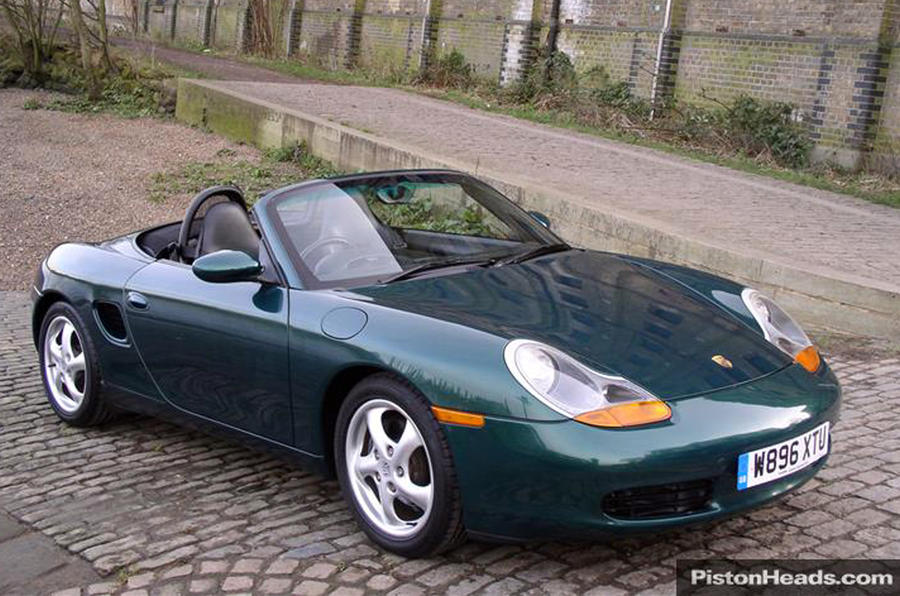Six grand doesn't buy you much, when it comes to Porsches, these days. Sure, there are myriad 924s and 944s available for that money but you're into classic territory there and – truth be told – their performance may leave you disappointed.
It's not much fun, after all, potentially being blown away by anything vaguely resembling a modern hatchback. The 928? Well, it's got a V8 – so there's a plus point – but it's a big GT and most at that price point will be requiring a little TLC. They'll most likely be automatics, too, so not exactly a car you might want to take for a fling around some Highland roads as a result.
While we're at it, let's just skip over the countless sub-£6k Porsche Cayennes. Besides being more likely to cause you more financial problems than the Greek government, a cheap Cayenne is about as desirable and as desperate-looking as a gaudy faux Rolex.
So that leaves us with the oft-spurned Boxster. Hold your horses, this is a real Porsche. It's got six cylinders, pancaked and slung low out the back, the rear wheels are driven, and the Boxster as a whole is a remarkably sweet car – and you can get a smart example of the first generation, the 986, for around £6000 these days.
Buying a Boxster of this era is not a risk-free proposition, however. These things are not a paragon of reliability, despite the badge, with a list of common and financially crippling flaws a mile long: busted roof mechanisms, damaged radiators, heavy clutches indicating impending failure, oil leaks from the rear main seals, and more.
What'll really strike the fear of God – rightly or wrongly – into potential Boxster owners, though, is the chance of intermediate shaft bearing failure. The shaft itself is responsible for transmitting drive from the engine's crankshaft to the timing chains, which in turn operate the camshafts.
Failure of the bearing that supports one end of this intermediate shaft isn't unknown, which then results in damage to the shaft and usually notable issues elsewhere. Like bits of valve embedded in pistons. The result, typically, is the need for a complete engine rebuild.
































Join the debate
Add your comment
53k miles? OK.
Old cars with low mileage are far worse buys than newer cars with higher mileage.
Hmmmmm?
I'm with Daniel